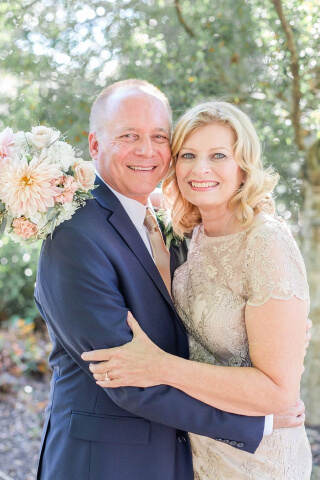
In today’s world it is not at all unusually to have a blended family.
Blended families often face special challenges when it comes to estate planning. Those issues are best approached openly, according to JD Supra in “Seven Estate Planning Considerations For Blended Families.”
Spouses can leave their assets separately and have their own revocable trust. When the first spouse dies, a trust can be established so the surviving spouse has income and even principal. The surviving spouse should not be the only trustee, which would avoid the situation described.
Consider giving children a bequest after the first death. That way, if the surviving spouse needs to use all the funds, at least the biological children will receive something.
Make a joint trust irrevocable upon the first spouse’s death. If spouses sign a joint trust, then draft the trust, so that it becomes irrevocable on the first death.
Give thought to having separate bank and/or investment accounts and name children as beneficiaries, if you want them to inherit your assets. If assets are owned separately, there is a better chance of avoiding a lopsided inheritance or some children being disinherited.
Talk about your funeral plans. Do you want to be buried with your deceased first husband? Where do you want to be buried? Do you want the kids to decide? Avoid a lot of heartbreak by discussing this, as difficult as it may be.
Name a spouse and children as co-attorneys. If everyone works well and plays together, this could give everyone a voice in important decisions. You want to strengthen a family, not fracture it.
Communicate, often. This is not a one-time conversation and should not be swept under the rug.
Check beneficiary designations. These are the forgotten distant cousins of estate planning. People create accounts, name beneficiaries and then often forget about them.
Blended families are always a work in progress and the better you can plan ahead for the death of one of the spouses, the more likely the family will remain a cohesive unit after one parent dies.
An estate planning attorney can advise you on creating an estate plan that fits your unique circumstances and may include a blended family.
Reference: JD Supra (Nov. 14, 2018) “Seven Estate Planning Considerations For Blended Families”